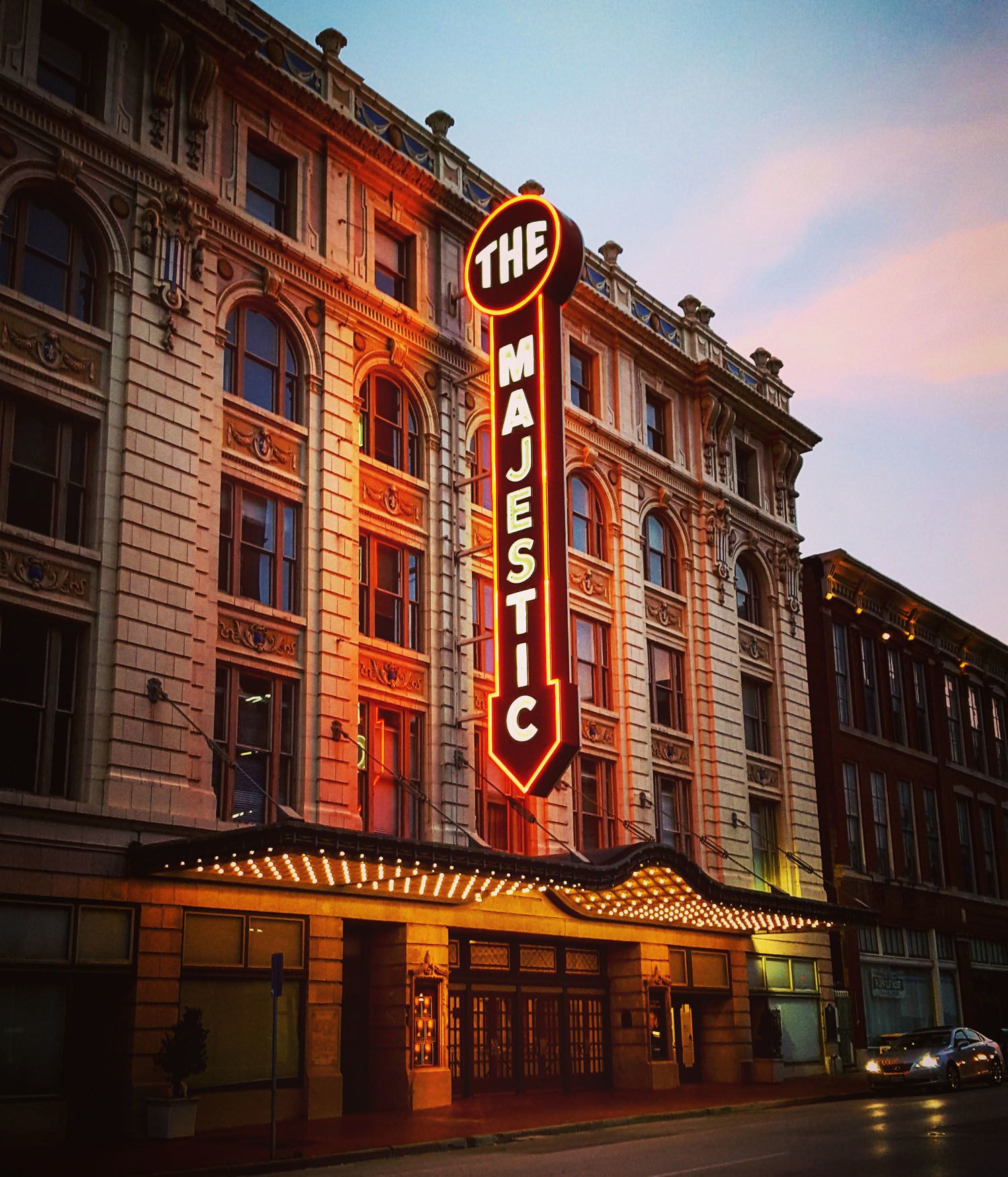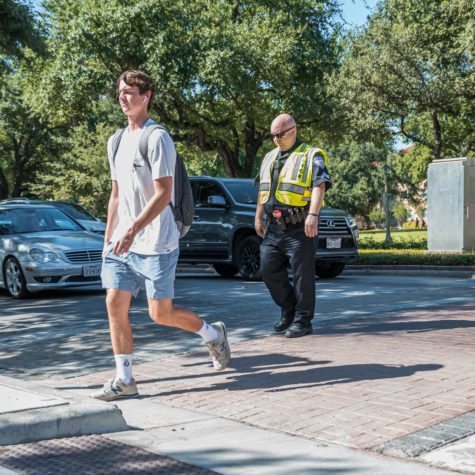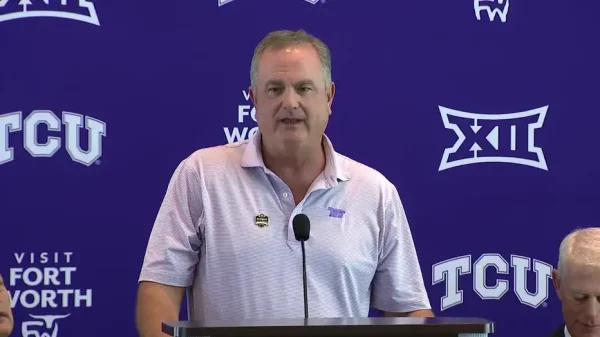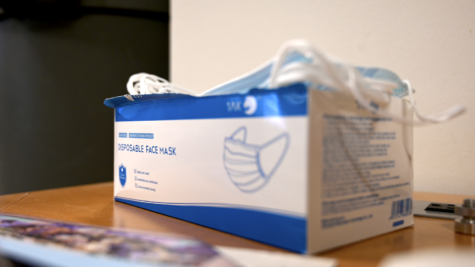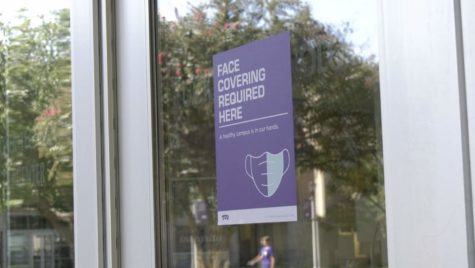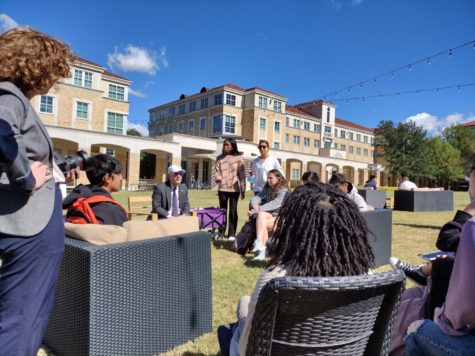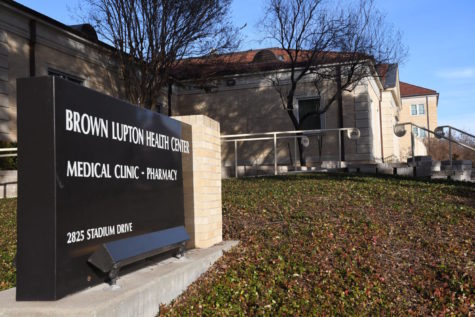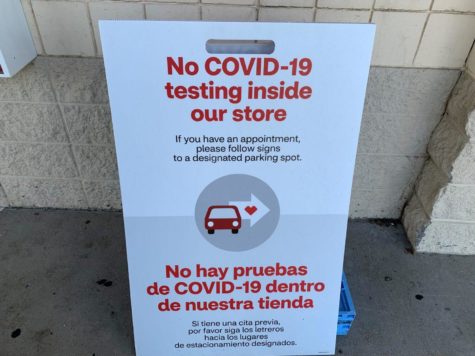Showstopper: Regional theaters hit hard by COVID-19
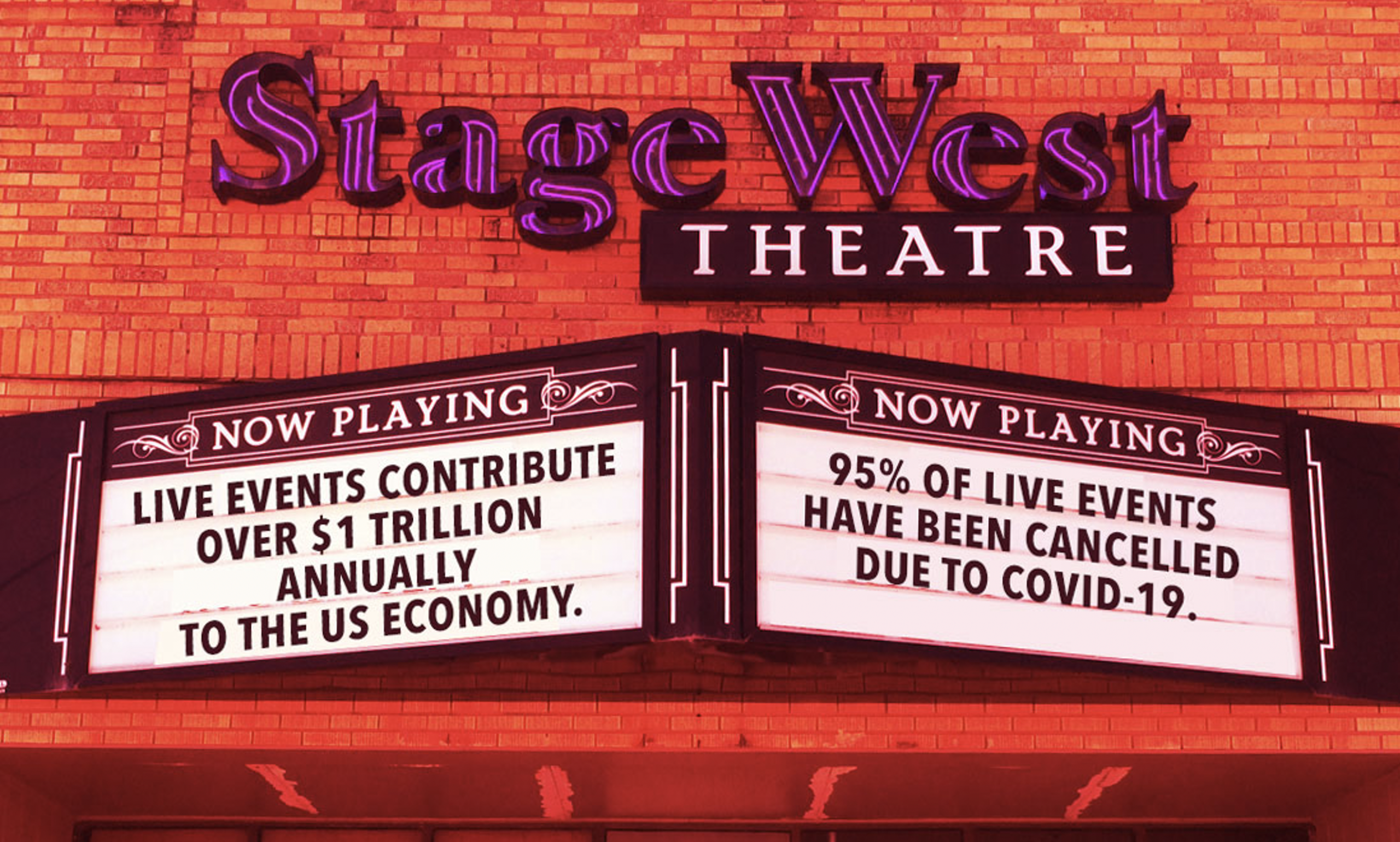
The energy and spectacle of live theater is silent.
When COVID-19 started its race across the nation in March, theaters were forced to halt their live productions.
The productions are still on hold nine months later with no return to the stage in sight.
The next two years are expected to be the hardest hit years for the entertainment industry, according to a report issued in May by Ampere Analysis, a London-based research firm.
Theater is expected to suffer the worst financial blow from the pandemic – with predicted losses of $24.4 billion over the next five years.
Broadway and London's West End have garnered much coverage in their devastation by the pandemic, but regional theaters across the country have been hit just as hard.
These theaters contribute to local economies and give more people access to the stage across the country.
In Tarrant County, for example, arts and culture spending pumps approximately $84 million annually into the local economy, according to a study by Americans For The Arts.
Organizations like Casa Mañana Theatre, Stage West Theatre, Jubilee Theatre, Bass Performance Hall, Artisan Center Theater , Lyric Stage, Firehouse Theatre, Dallas Theater Center, Theatre Three, Amphibian Stage and many others are the lifeblood of the performing arts in North Texas.

Closer to home
No one knows the regional theater scene better than DFW star David Coffee. Coffee started his theater career at age 11 with Casa Mañana and has been performing ever since. Prior to the pandemic, Coffee celebrated his 90th production with Casa Mañana. As for his total show count, Coffee said that it's too many to count.
Many local theater actors, including Coffee, are members of the Actors' Equity Association (AEA) labor union. In a typical year, AEA members have to perform professionally 19-20 weeks per year in order to receive health insurance.
“I was lucky enough, I joined Actors Equity in 1992, and I have done at least 20 weeks every year – usually a lot more than that," Coffee said.
At the start of the pandemic, Coffee had enough productions lined up to fulfill the necessary 20 weeks.
COVID-19 had other plans.
The health insurance provided by AEA is only guaranteed through March 2021. After that, Coffee isn't sure what's going to happen.
“Then we’ll just have to see what happens… our health insurance is being completely changed because there’s no money coming in," he said.
There has been confusion recently about whether theater artists qualify for unemployment benefits.
“If you’re with Equity [AEA], you do qualify because that’s part of the agreement with these theatres,” Coffee said. “I’m covered through at least January with my unemployment and hopefully Congress will come back in and help us some more with that.”
Theater artists who aren't a part of AEA aren’t quite as lucky. Many recent grads of the nation’s top theater programs, for example, have not yet achieved membership status in AEA.
The union requires a specific amount of prior professional theater experience before membership can be attained. Newly trained theater artists, therefore, were welcomed into an industry with no live productions, health insurance or unemployment benefits available.
AEA has also placed restrictions on what kind of work their members may do during this time, which is limited to minimal virtual production work.
These restrictions have presented a barrier to regional theaters seeking to recruit performers for virtual performances during this time.

David Coffee, 63, has been a staple to the North Texas theatre community for decades. (Photo courtesy of Glen E. Ellman)
David Coffee, 63, has been a staple to the North Texas theatre community for decades. (Photo courtesy of Glen E. Ellman)
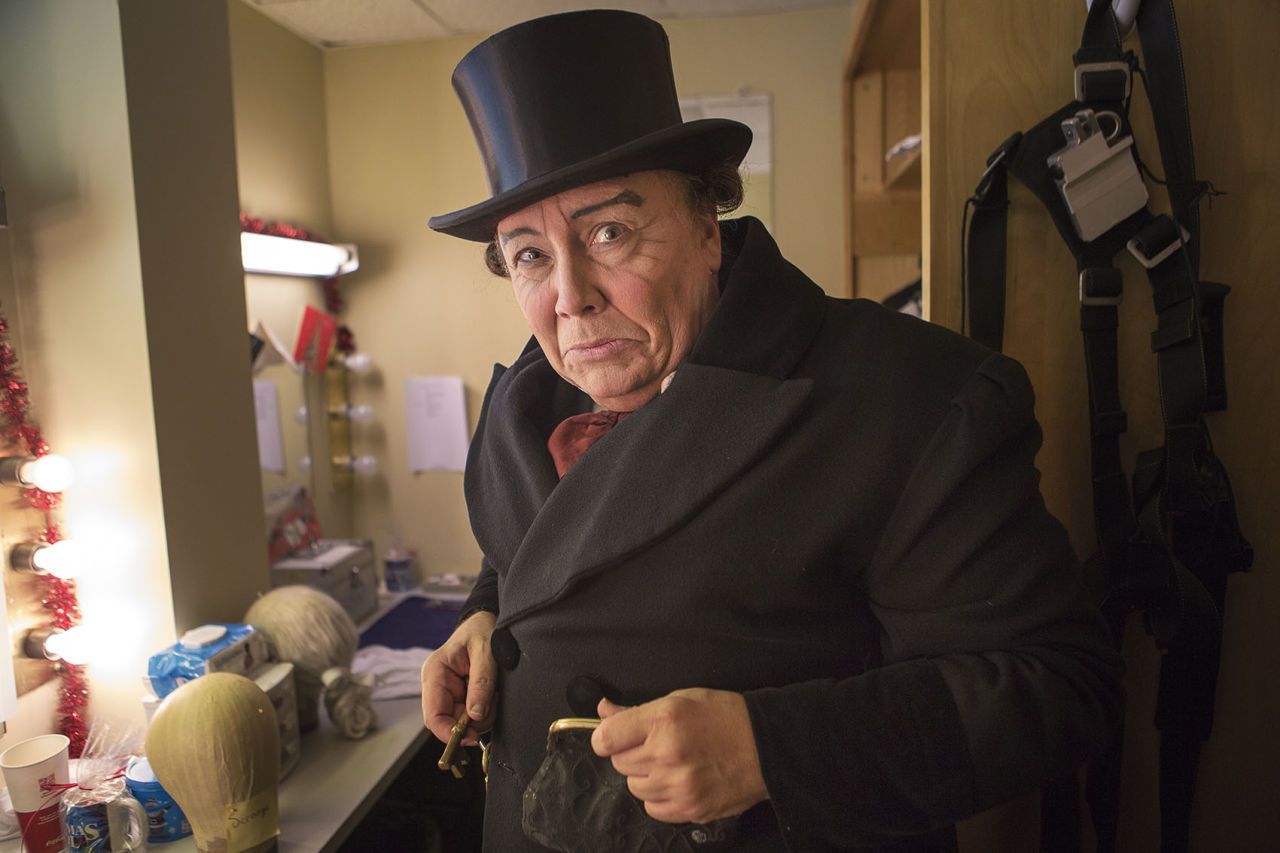
David Coffee has starred as North Shore Music Theatre's Scrooge since 1992. (Jesse Costa/WBUR)
David Coffee has starred as North Shore Music Theatre's Scrooge since 1992. (Jesse Costa/WBUR)
Fleeing NYC
Aspiring performers from all over the country move to New York City in droves to pursue theatrical careers. The pandemic, however, has reversed that trend. New York City-based actors have been fleeing the city in historic numbers.
With one of the highest cost of living rates in the country, many performers have returned to parents’ basements, getaway houses, cabins or even couch-surfing at the homes of friends.
Dallas native Brittany Jenkins is among those that have returned home.
Jenkins packed her bags in August of 2019 and moved to the Big Apple to participate in a program at Broadway Dance Center while bartending at the Broadway theater houses for work.
After just six months of adjusting to life in the city and scoping out opportunities, Jenkins watched the city shut down in front of her eyes.
“I remember it was on March 12th,” Jenkins said. “One of my friends texted me that morning saying her parents didn’t think she should return to New York because of whatever this coronavirus thing is.”
Jenkins had no idea that the “coronavirus thing” would ultimately become a global pandemic and push her out of the city.
“I told her, ‘it’s fine – we don’t have anything to worry about until Broadway shuts down,’” Jenkins said. “Literally two hours later, I get an alert saying that Broadway was shutting down at five o’clock.”
At the time, Jenkins's brother Cody was performing in the national tour of Rent the musical.
“They [the Rent tour] were supposed to be in Tokyo for three weeks, but that got canceled before things hit here crazy,” Jenkins said. “So, he had actually come to New York to visit me right before the news hit.”
Once the initial shock passed, Jenkins and her brother decided to come home. “I mostly ended up coming home because my dad and stepmom were so, so worried about us being at the epicenter of the pandemic," she said.
While Jenkins returned to Texas immediately, she said she did keep her apartment lease in New York, not knowing how long the pandemic would last.
“By June, none of my roommates were back and it didn’t look like much was open in New York,” Jenkins said. She and her roommates discussed moving back to the city but decided against it given all the uncertainty.
“We all went back for two weeks in August to hang out and move our stuff and then we did leave our apartment,” she added.
Jenkins said she is eager to move back to New York City but will wait until the city slowly opens back up and work becomes more widely available.
Since job opportunities in the arts will be slim to none for some time, Jenkins said she and many of her peers have been forced to explore secondary passions.
“I know for me moving back, I have to have a job and it won’t be in the arts," she said.
Jenkins said she’ll explore other passions for now, but is anxiously awaiting the tentative re-opening date for Broadway on June 1, 2021.
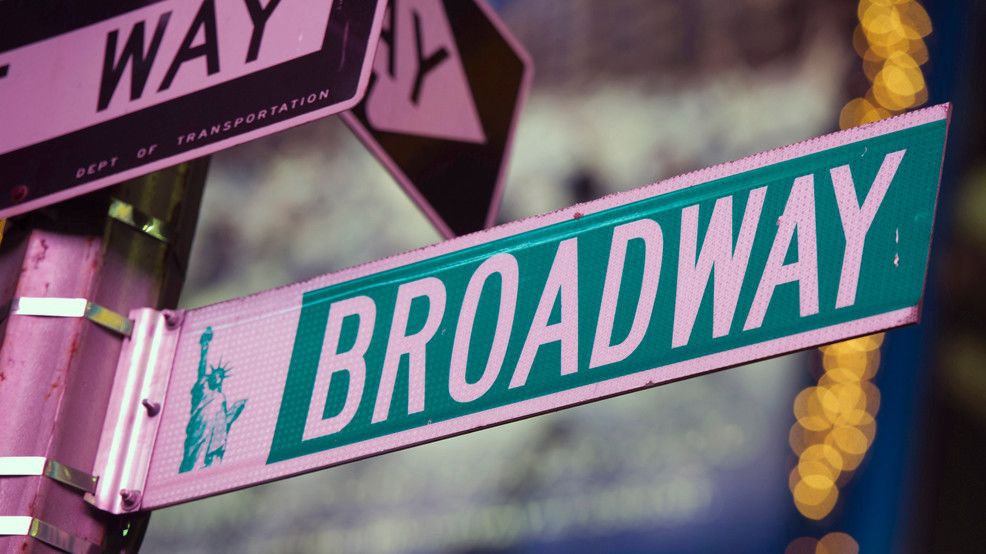
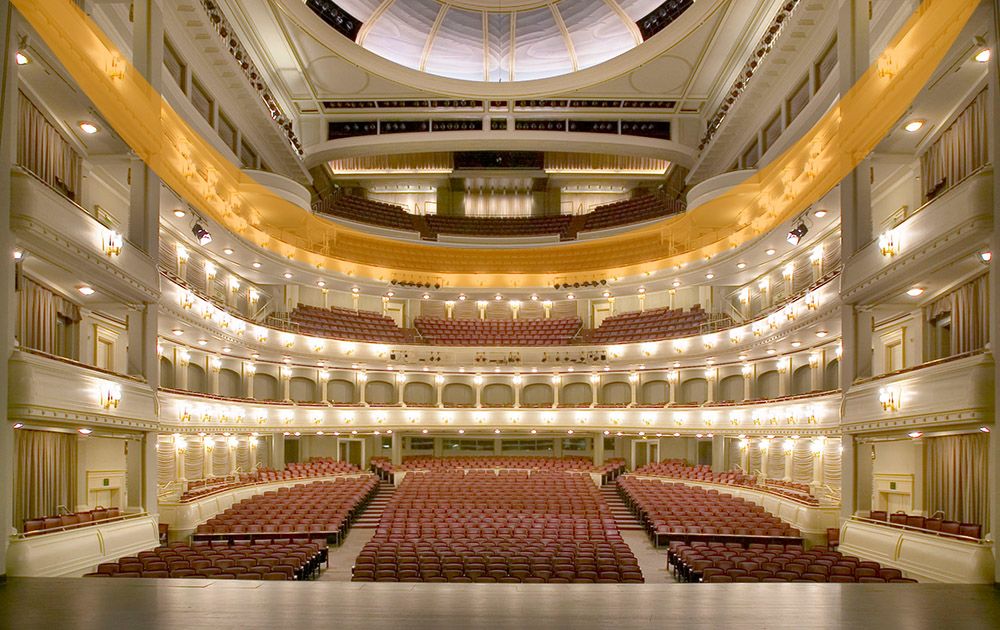
The show must go on – virtually
Regional theaters in DFW have made tremendous efforts to provide digital programming and productions during the pandemic. Some theaters have even attempted drive-in productions and outdoor pavilion musicals.
Coffee has remained concerned by the attempts of some regional theaters to produce large-scale musicals in an outdoor setting.
“Don’t do a musical right now because you don’t need people yelling and spitting out towards the audience," he said.
Outdoor musicals in the time of COVID-19 don't come without risk. Firehouse Theatre in Dallas attempted an outdoor musical this fall called Back to the 80’s. Performances were canceled after opening weekend, as 17 of the 26 cast members contracted COVID-19.
Virtual programming has also brought its own challenges. Dana Schultes, executive producer at Fort Worth’s longstanding Stage West Theatre, said moving its programming entirely online when the pandemic hit was far from easy.
One challenge, Schultes said, was getting the theater's audience base on board with virtual experiences.
“The hardest thing about new experiences is convincing people to try them because no one likes trying new things,” Schultes said.
D. Wambui Richardson, artistic director at Jubilee Theatre in Fort Worth, shared this sentiment.
He said the organization had to educate audiences about how to watch videos on Vimeo, how to get virtual tickets and more.
Richardson said audiences are slowly but surely adjusting to this new medium, but that he doesn’t want them “to get too comfortable with it.”
Schultes added that many have been supportive and adjusted to the new medium, but others have been more reluctant.
“I’ve had several people who have said, ‘Dana, we love you guys, we’ll support you, we can’t wait for you to reopen, but we will absolutely not try anything digitally.’”
Nonetheless, Schultes and the team at Stage West have attempted all kinds of virtual programming. From virtual ‘Cork and Sip’ paint parties to ‘Cooking with Pam’ segments that feature popular dishes at Stage West’s Lobby Café, no idea went untouched.
“Essentially, we’re just trying to reinvent the wheel and put out there whatever we can until we can be producing again," Schultes said.
Both Schultes and Richardson said they are eager to return to their live theater venues when able to do so. In addition to missing the enthusiastic and lively presence of their audiences, virtual productions aren’t as financially feasible.
“From a financial perspective, it’s not a scenario we want long term,” Richardson said.
While virtual programming has helped recoup some costs for the theatre companies, Schultes said the initial months of the pandemic were especially difficult.
“We were basically spending $50,000 a month in salaries, mortgage, etc. without bringing any money in," she said.
Stage West theatre's education stage manager provides a virtual tutorial on basic costume mending techniques. The tutorial is part of the theatre's virtual "What the tech?" series that was created during the pandemic.
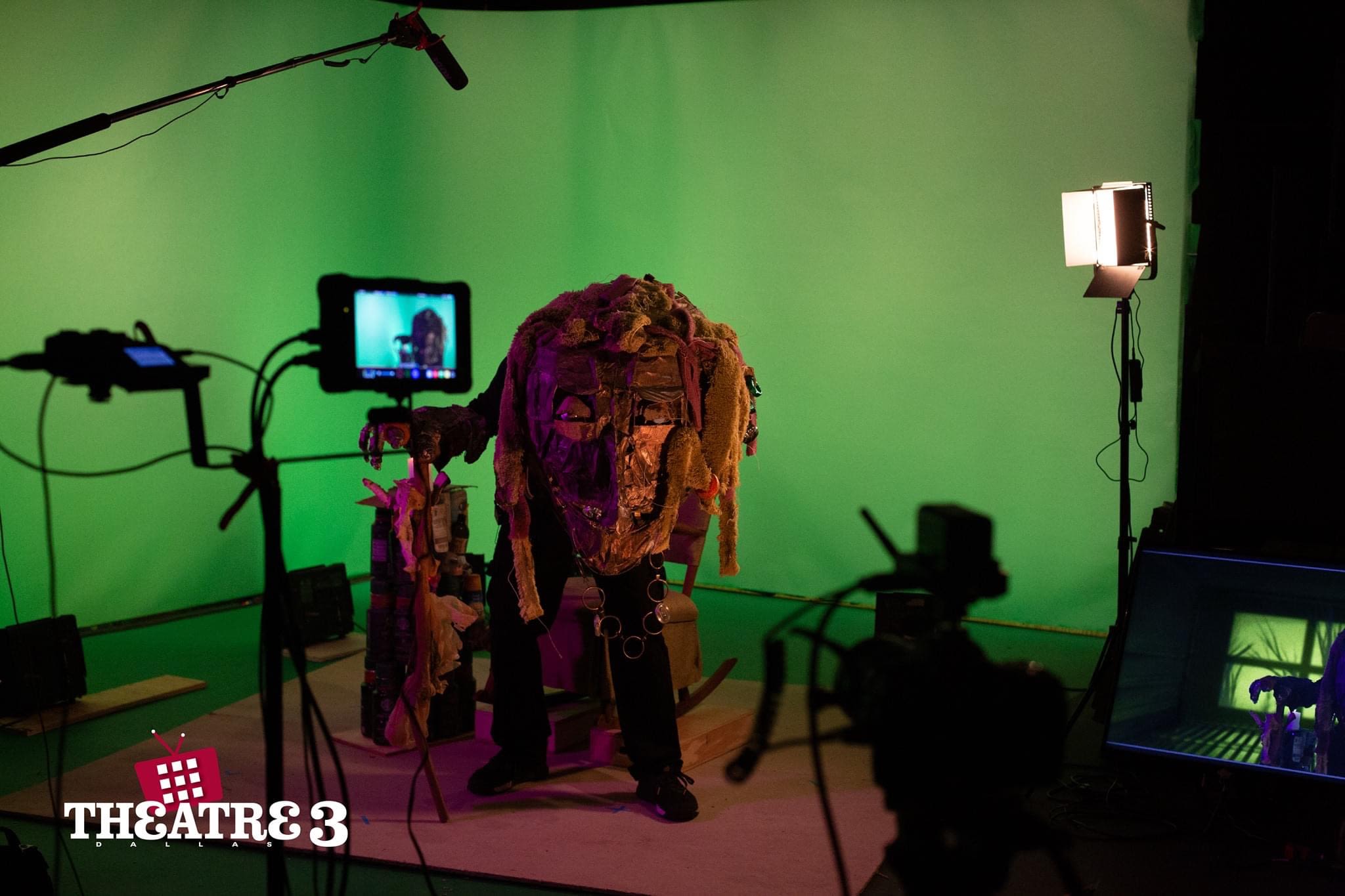
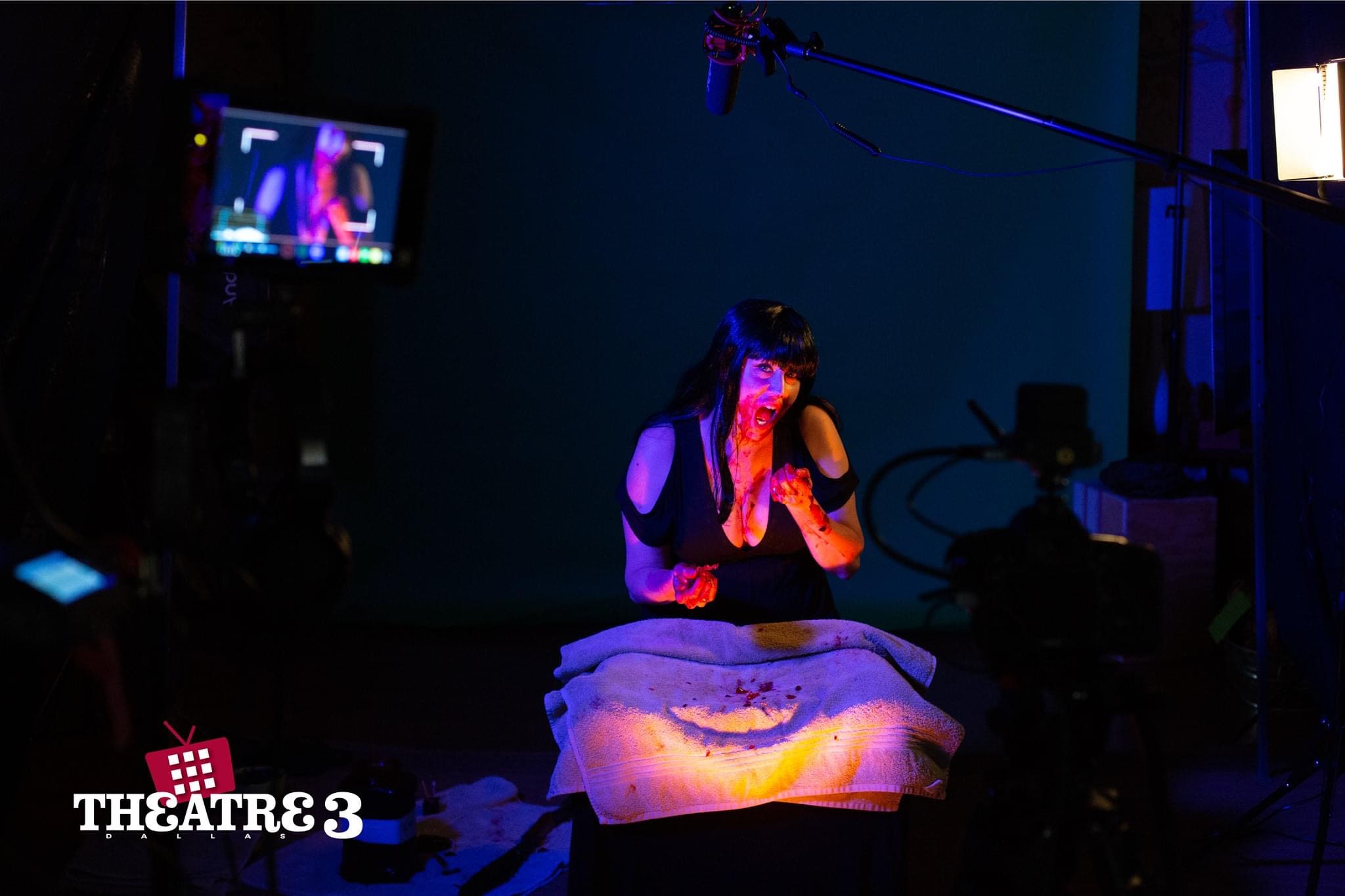
Act 2
Regional theaters across the country have recently coined the phrase “this is only intermission” as the pandemic continues to roar across the U.S. When theaters are able to return to live in-person performances, however, Act 2 won’t be easy.
The road to recovery looks to be long.
“I’ll be truthful with you, I don’t think we’ll be seeing many productions until the end of next year or 2022,” Coffee said. “Nothing is going to happen until we get a vaccine.”
Richardson said Jubilee Theatre is feeling a bit more optimistic. “We hope to be in front of an audience by March or April of 2021.”
Jubilee is approaching its 40th season, which Richardson said will include a streaming option for all productions, regardless of the state of the pandemic.
One thing Richardson said the pandemic has stressed is the importance of inviting younger audiences to sit and enjoy live theater. He hopes to focus more heavily on this demographic moving forward.
Younger audiences, Richardson said, don’t buy into the season tickets model that has long been a standard to the theater industry.
“Our younger generations are more à la carte,” Richardson said. “They have so much variety for entertainment.”
Richardson said that younger people are also hesitant to commit to long-term plans.
“They don’t think too far in advance – they don’t want to commit to an entire season," he said.
When these audiences are able to return to theater venues, Richardson expects there will be some changes to the patron experience.
He pointed specifically to the increased cleaning protocols that have been implemented during the pandemic.
Richardson said these protocols have included increased sanitation and HEPA air filters in any room that people occupy.
Other changes to look out for, Richardson said, might be the shift to digital tickets and playbills.
Digital playbills, however, do bring their own challenge.
“The issue with virtual playbills is that the first thing we ask audiences to do is turn off their cell phones,” Richardson said. “How are they supposed to do that if the playbill is on their phone?”

Lessons learned
Coffee said there is a lot to be learned from this most unprecedented time.
“I think, in all honesty, it has made people appreciate entertainment and the arts… because what did they do when they were stuck at home?” Coffee said. “They binge-watched shows, streamed different musicals, watched virtual stage readings.”
Another lesson learned, Coffee said, is to always appreciate what you have.
This sentiment is shared by Richardson, who said to never take an audience for granted again.
The return to theatrical venues couldn’t be more anticipated.
For now, Richardson said, “We’re alone, but we’re together.”
